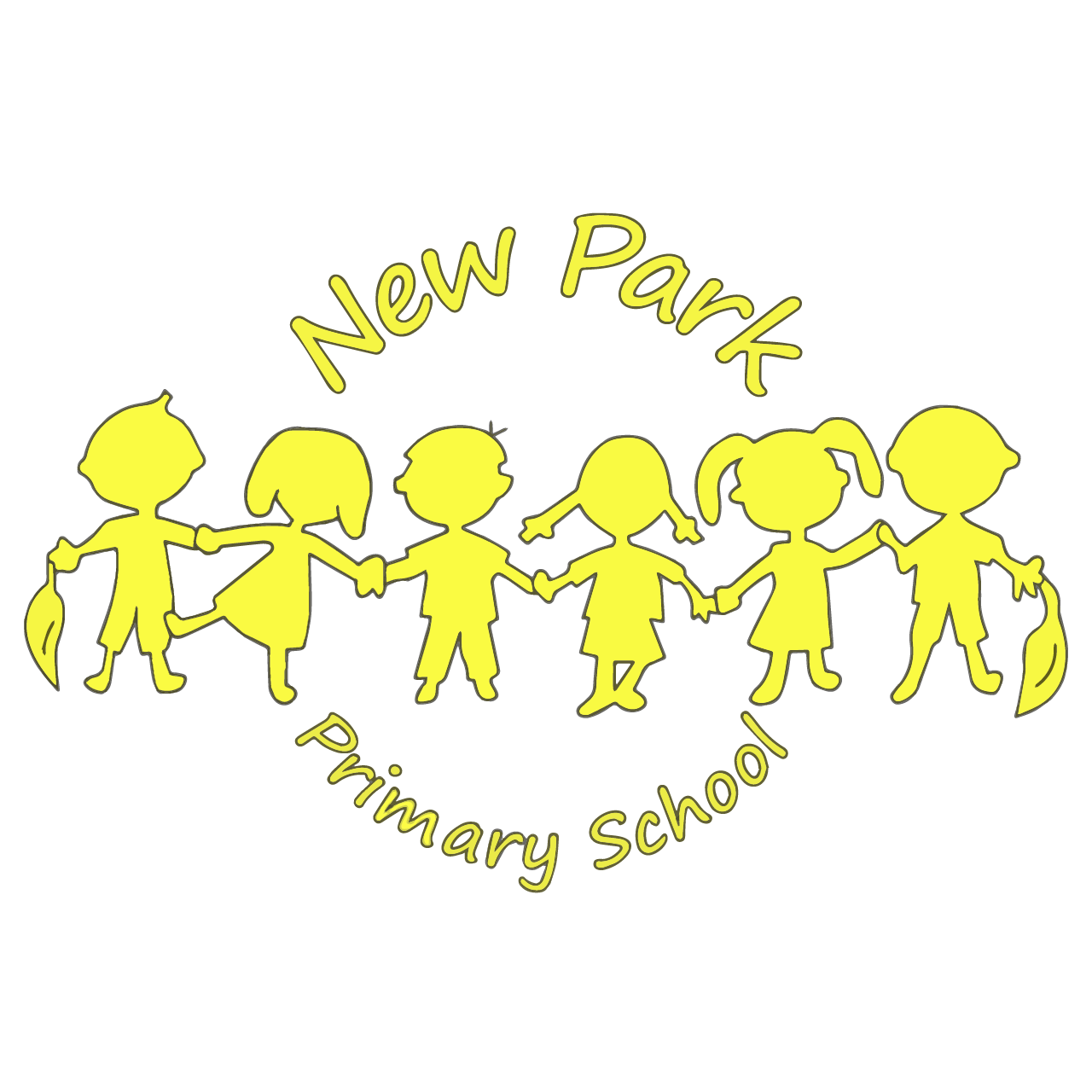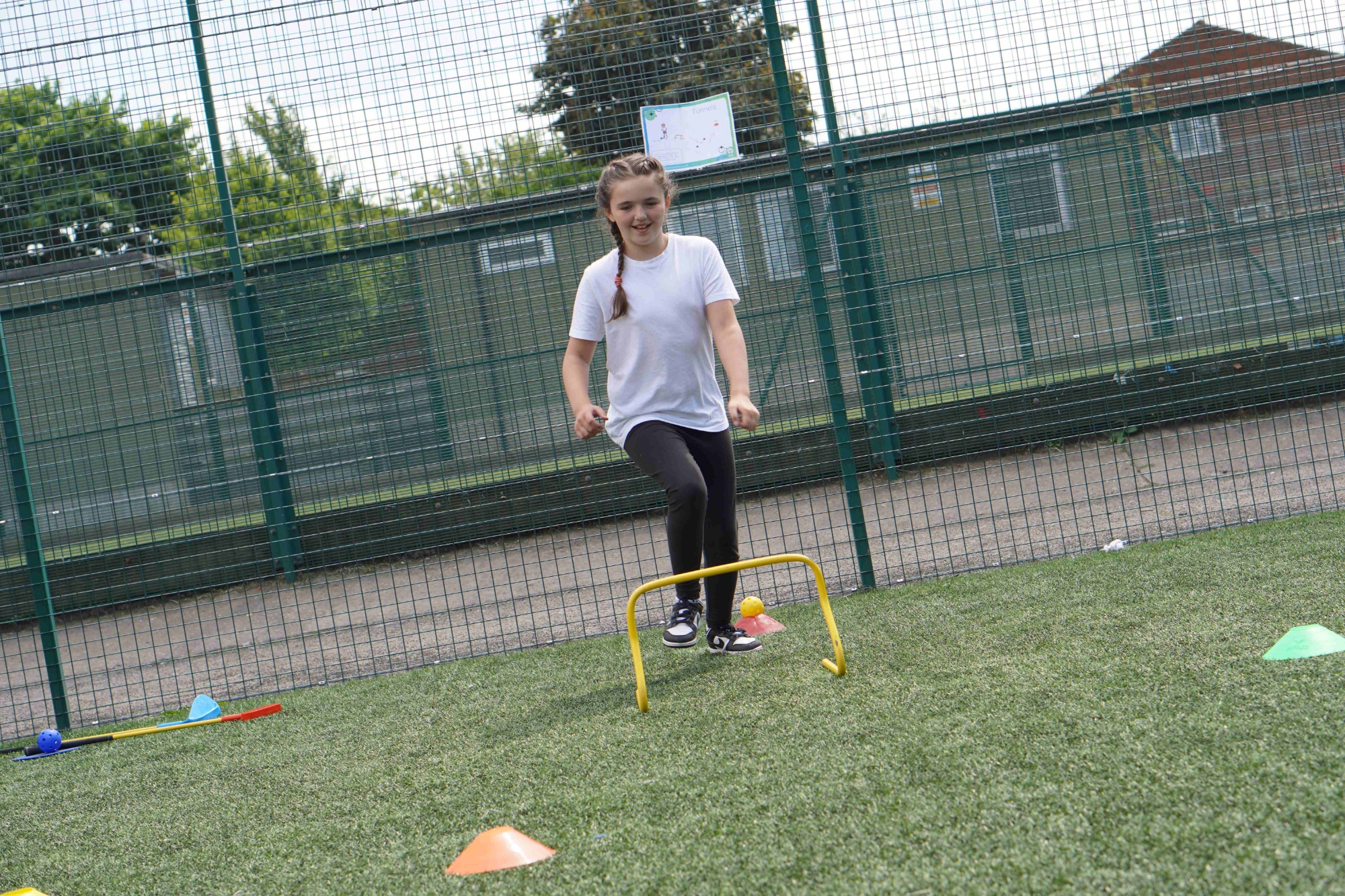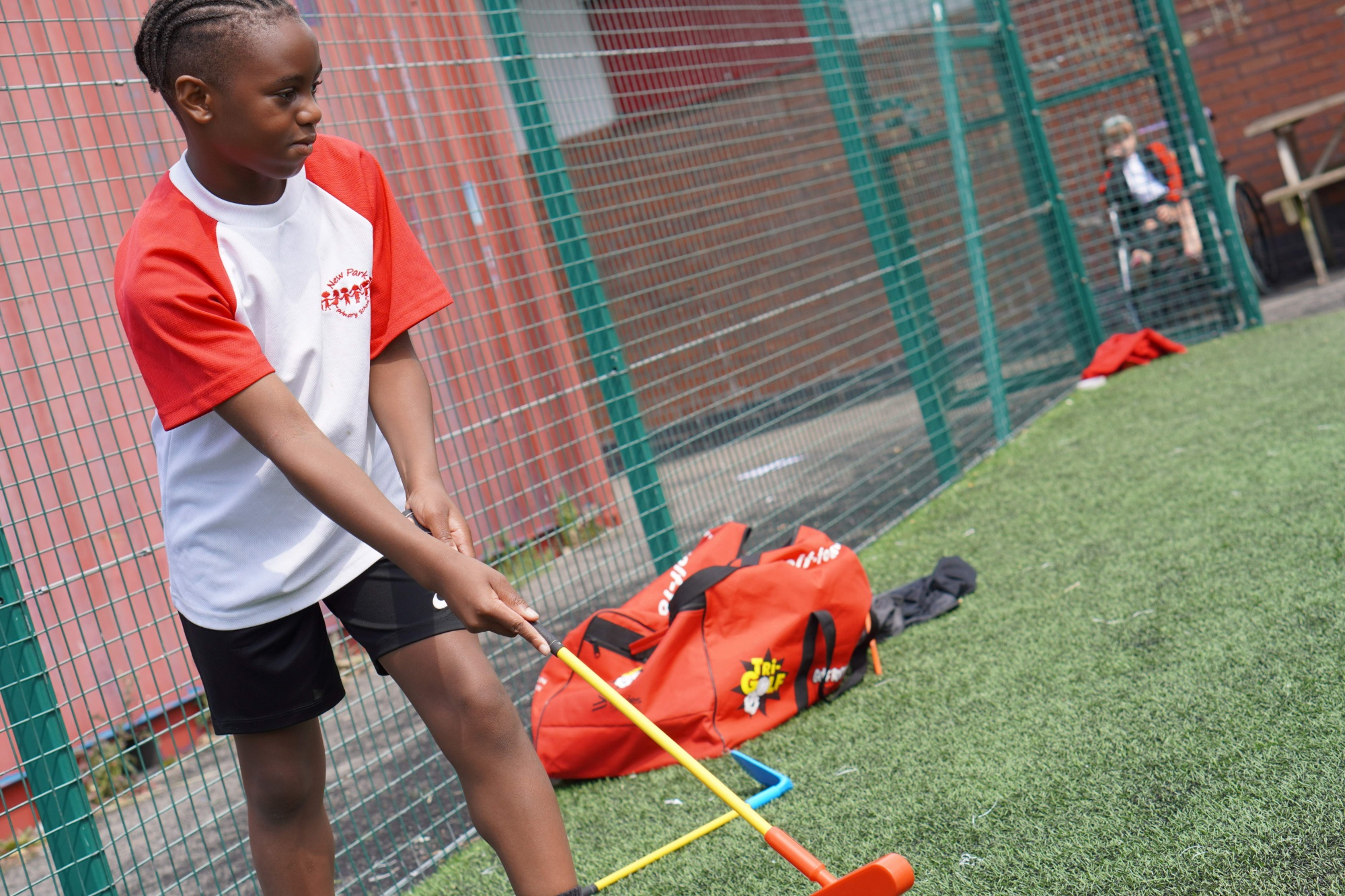Physical Education: Active Bodies, Active Minds
We deliver a high-quality PE curriculum accessible to all, enabling every child to succeed and achieve their potential. Our purpose is to increase children's knowledge of the importance of a physically active lifestyle. We are passionate about teaching children to cooperate and collaborate as part of a team, fostering fairness and equality of play. These experiences embed lifelong values that benefit our children now and in the future.
We believe that achievements in Physical Education foster the desire to excel in other curriculum areas. Through discussion and feedback, children understand how their choices help them reach their full potential and increase future opportunities.
Purpose of Study
Our clear and comprehensive PE curriculum inspires all children to enjoy, succeed, and excel in both competitive and non-competitive sport. Children explore various indoor and outdoor activities, adopting roles such as performers, coaches, umpires, and leaders. Inter-form events and our annual Sports Day provide opportunities for competitive engagement, celebrating every child's participation and achievements. Such events build resilience and encourage children to reflect on their performances, embedding values like fairness and respect.
Our Aims
The National Curriculum for Physical Education aims to ensure all pupils:
- Develop competence to excel in a broad range of physical activities.
- Are physically active for sustained periods of time.
- Engage in competitive sports and activities.
- Lead healthy, active lives.
Subject Content
Key Stage 1
Pupils develop fundamental movement skills, becoming increasingly competent and confident. They access a broad range of opportunities to extend agility, balance, and coordination, individually and with others. They engage in competitive (against self and others) and cooperative activities in challenging situations.
Pupils are taught to:
- Master basic movements, including running, jumping, throwing, and catching, developing balance, agility, and coordination, and applying these in various activities.
- Participate in team games, developing simple tactics for attacking and defending.
- Perform dances using simple movement patterns.
Key Stage 2
Pupils continue to apply and develop a broader range of skills, learning to use them in different ways and linking them to create actions and sequences of movement. They enjoy communicating, collaborating, and competing, developing an understanding of how to improve and how to evaluate their own success.
Pupils are taught to
- Use running, jumping, throwing, and catching in isolation and in combination.
- Play competitive games (e.g., badminton, basketball, cricket, football, hockey, netball, rounders, tennis), applying basic attacking and defending principles.
- Develop flexibility, strength, technique, control, and balance (e.g., through athletics and gymnastics).
- Perform dances using a range of movement patterns.
- Take part in outdoor and adventurous activity challenges individually and in a team.
- Compare performances with previous ones and demonstrate improvement to achieve their personal best.
Swimming and Water Safety:
All schools provide swimming instruction in Key Stage 1 or 2. Pupils are taught to:
- Swim competently, confidently, and proficiently over at least 25 metres.
- Use a range of strokes effectively (e.g., front crawl, backstroke, breaststroke).
- Perform safe self-rescue in different water-based situations.


